Lunar Insomnia
The full moon affects people's sleep cycles, even if they can't see it.


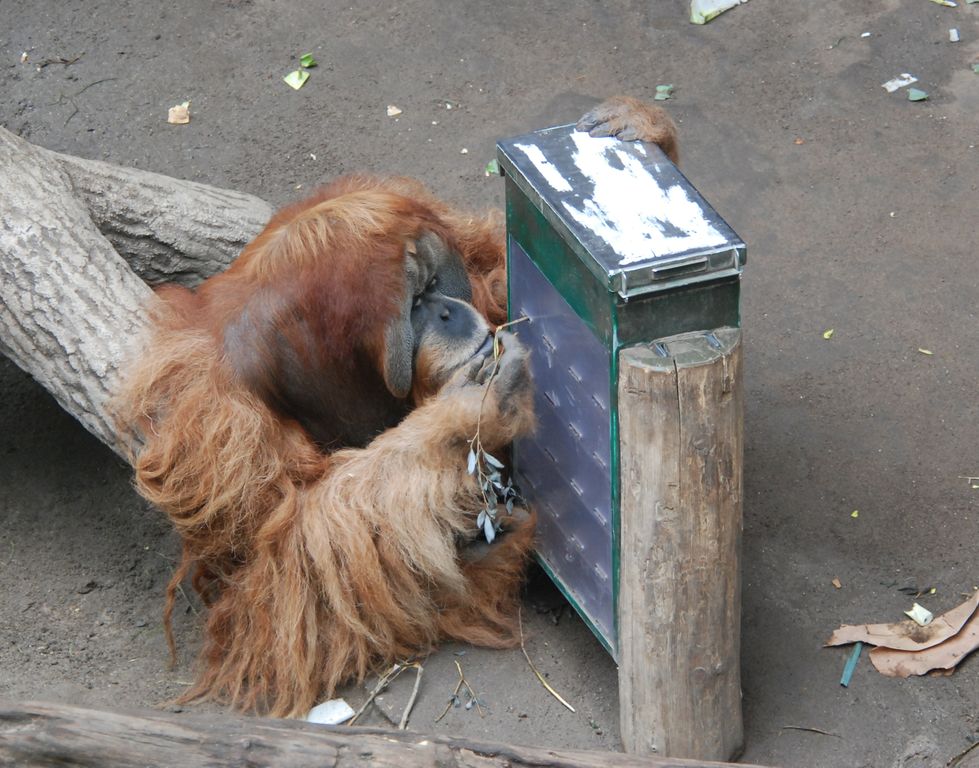
Like humans, chimpanzees and orangutans can remember events that took place years in the past.
The world's largest dinosaurs had to replace their teeth constantly to keep up with all their eating.
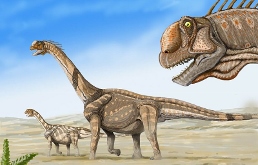
ANCIENT ANATOMY - What dental records from the Mesozoic era can tell us about the lives of dinosaurs. How humans are uniquely adapted to throw baseballs. Also: an automated nature recording system that's monitoring environmental change. And, could vaccinating children protect the elderly as well?
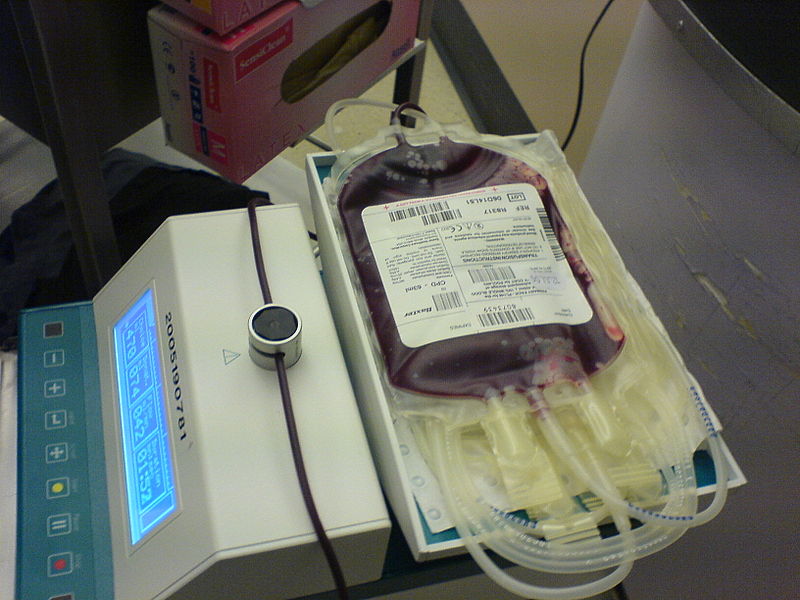
Replenishing stored blood's nitric oxide may make transfusions more effective and less risky.
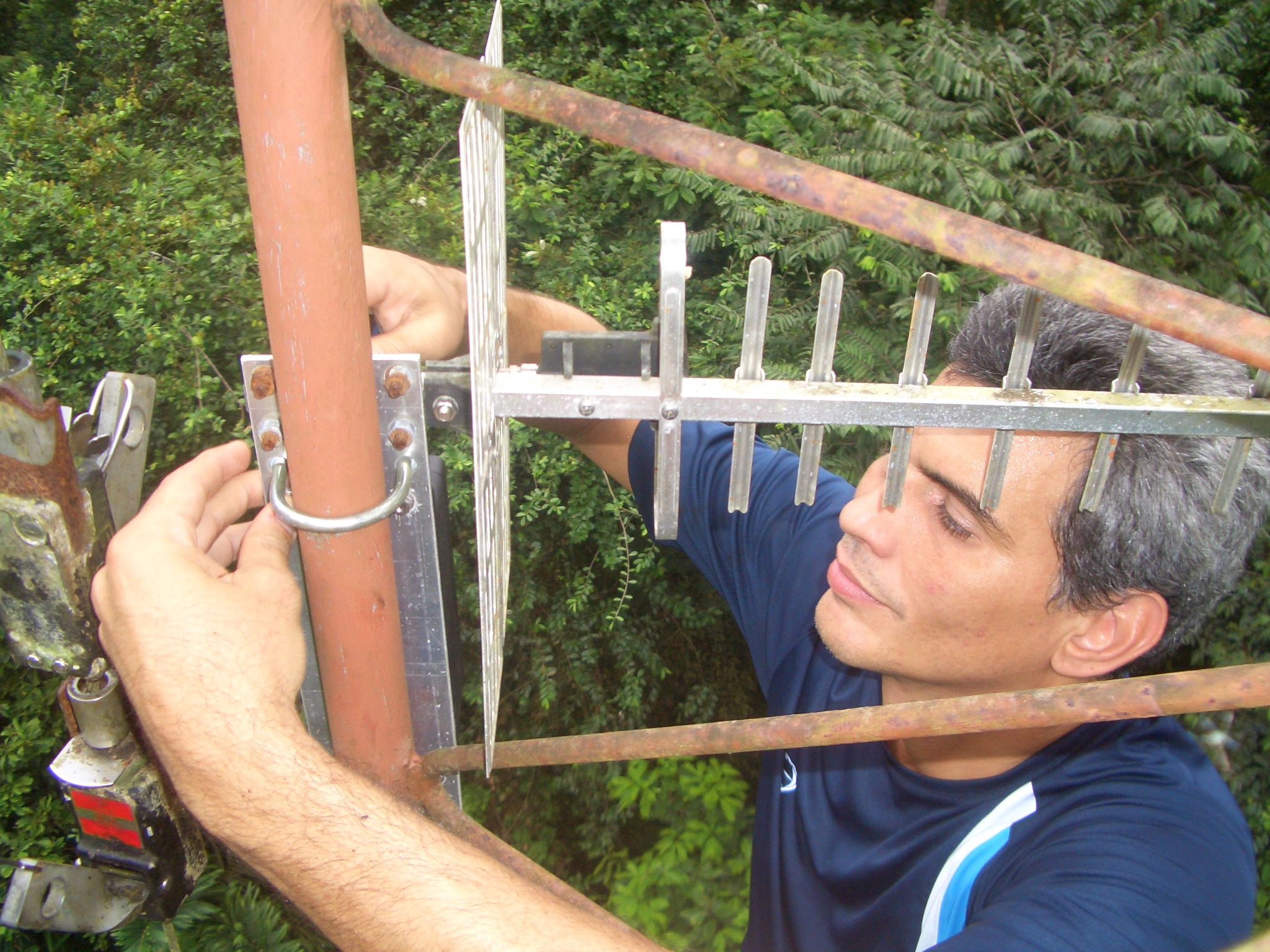
Automated nature recordings track the effects of climate change and habitat disturbance.

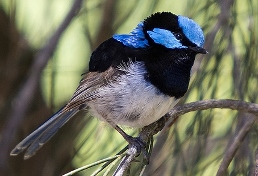
AUSTRALIAN ANIMALS - Male lyrebirds groove to their own music. Young fairywrens learn who their enemies are by watching their parents. Robotic seals help improve the quality of life of dementia patients. Also, could rats could help people keep their voices strong in old age?
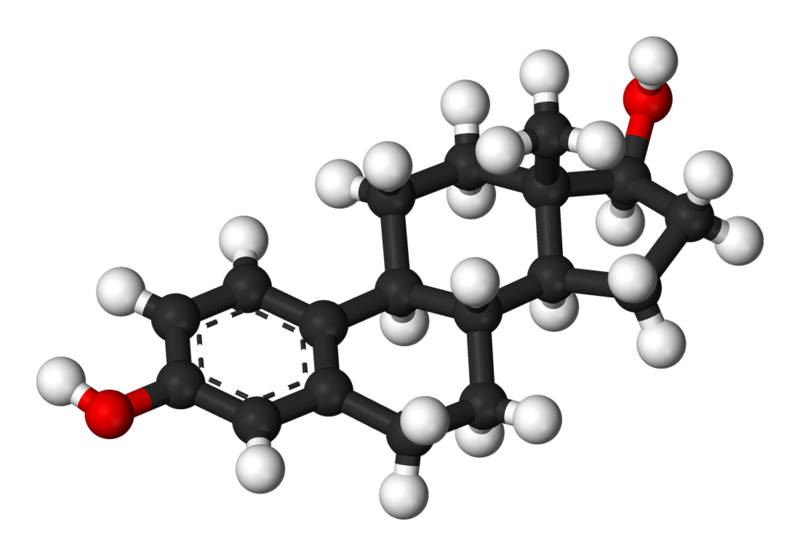
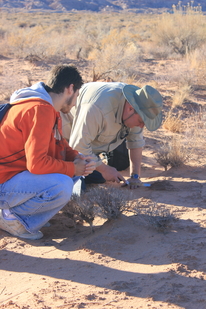
Soil microbes are affected by climate change, which could be a big deal.
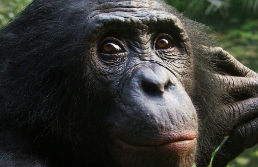
BRAINS & BEHAVIOR - When apes take a gamble. The value of precision in negotiations. And a new approach to targeting drug addiction in the brain. Also: what above-ground nuclear tests in the mid-20th century can tell scientists about the brain.
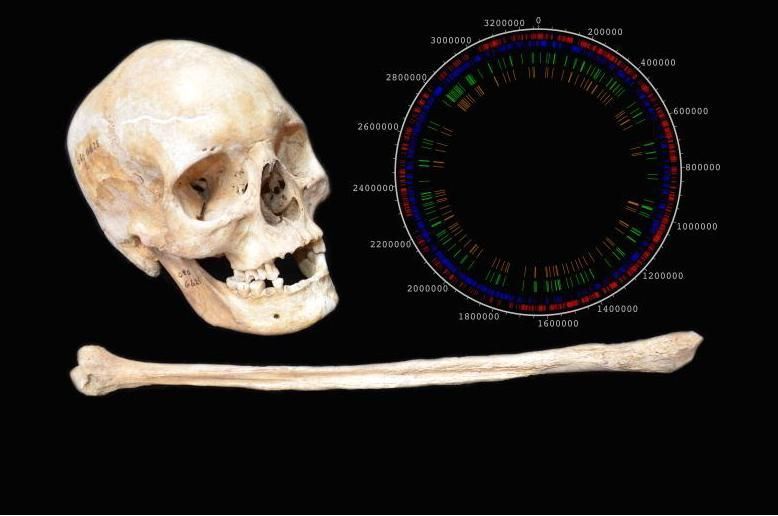
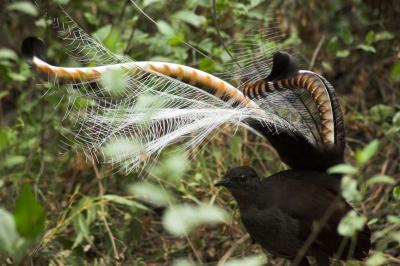
The superb lyrebird of Australia combines its songs with specific dance moves to create an elaborate courtship ritual.
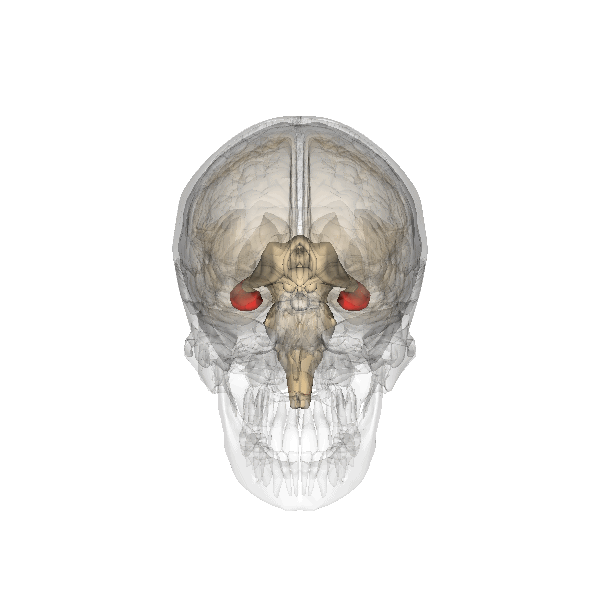
Nuclear testing in the mid 20th century is helping scientists understand how the brain makes new neurons.
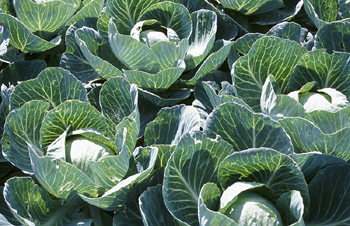
Keeping produce on a normal day/night schedule could improve its nutritional value.
Microscopic organisms represent a vast, unexplored territory for biologists trying to understand the earth’s ecology—including the ecology inside our homes and even our bodies.
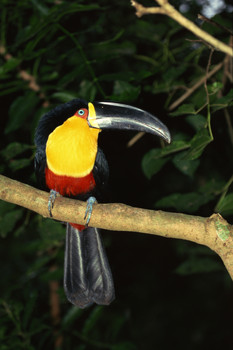
When large animals like toucans are removed from tropical rainforests, the trees suffer.
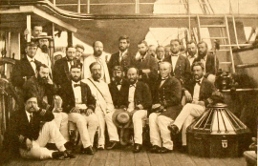
WHEN SCIENCE MEETS HISTORY - Ocean temperature records from a 19th century research ship confirm global warming. Reviving plants hidden under glaciers for centuries. Tracing the genetic origins of the blight that started the Irish Potato Famine. And uncovering evidence of lead pollution in Spain from 4,000 years ago.
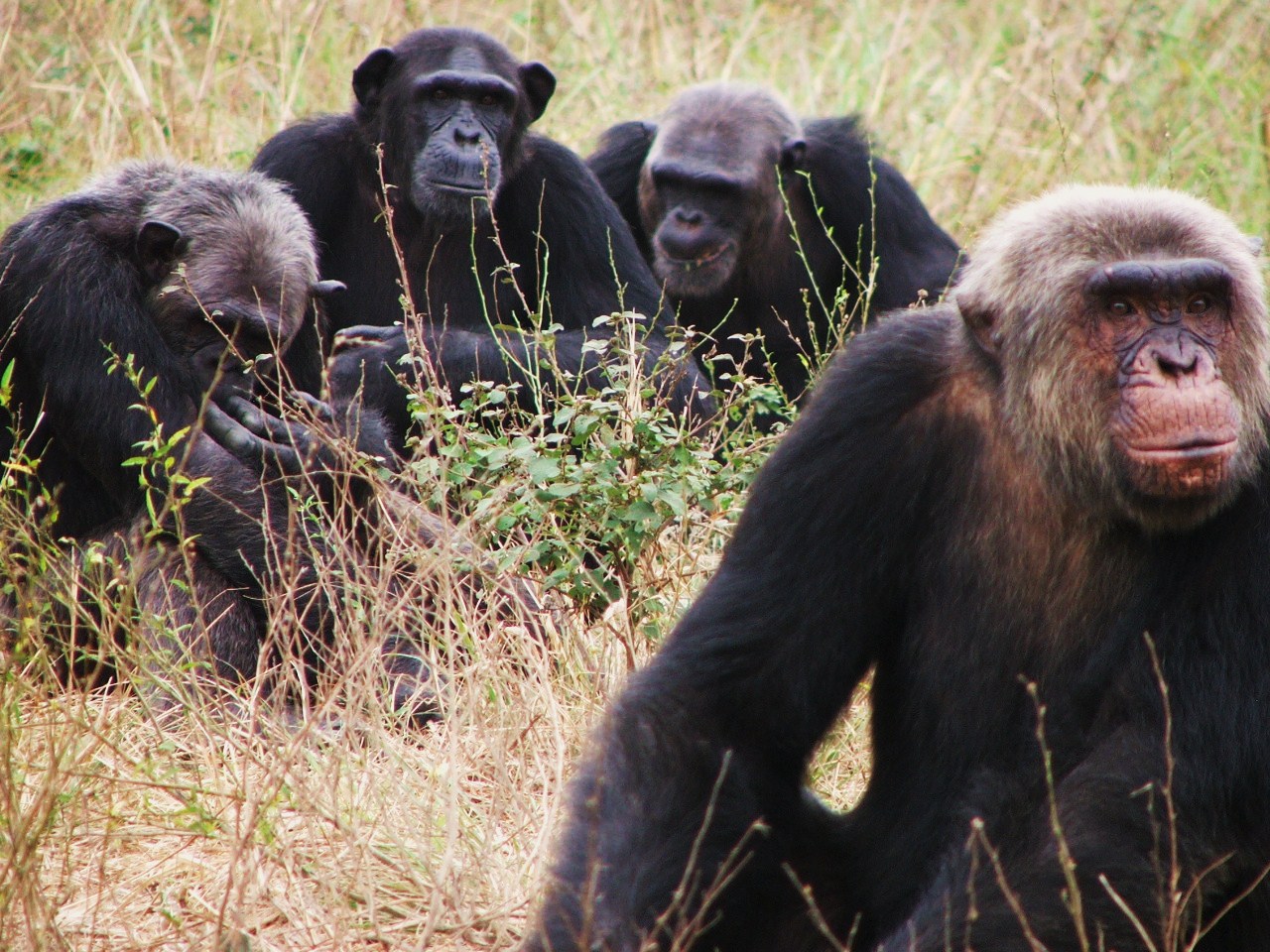
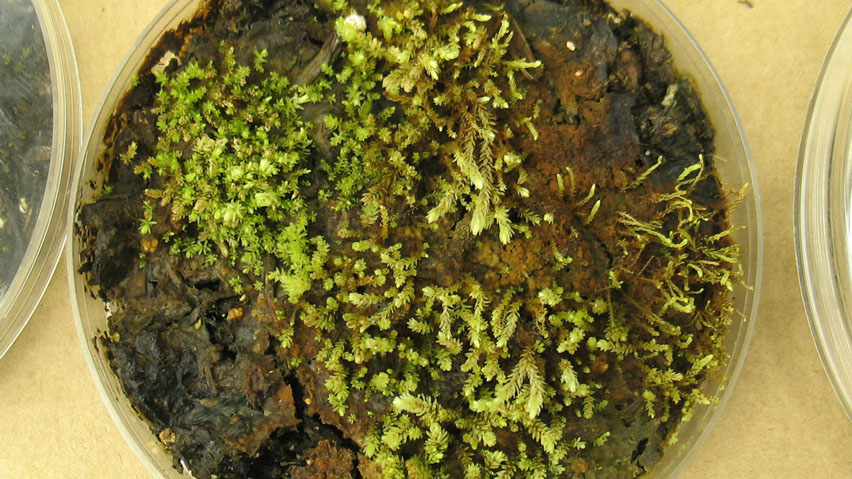
Plants that were frozen in glaciers 400 years ago are growing again as those glaciers melt away.
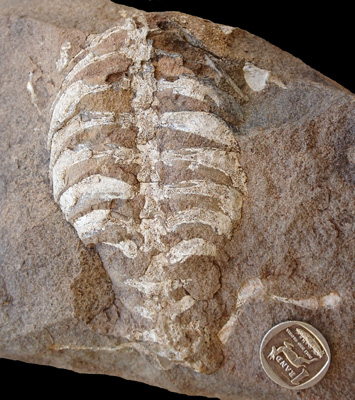

Researchers discover why chemotherapy makes women infertile – and hopefully, how to stop it.
Obese and diabetic mice have less of a certain gut bacteria, and replenishing the bacteria helps them lose weight.
